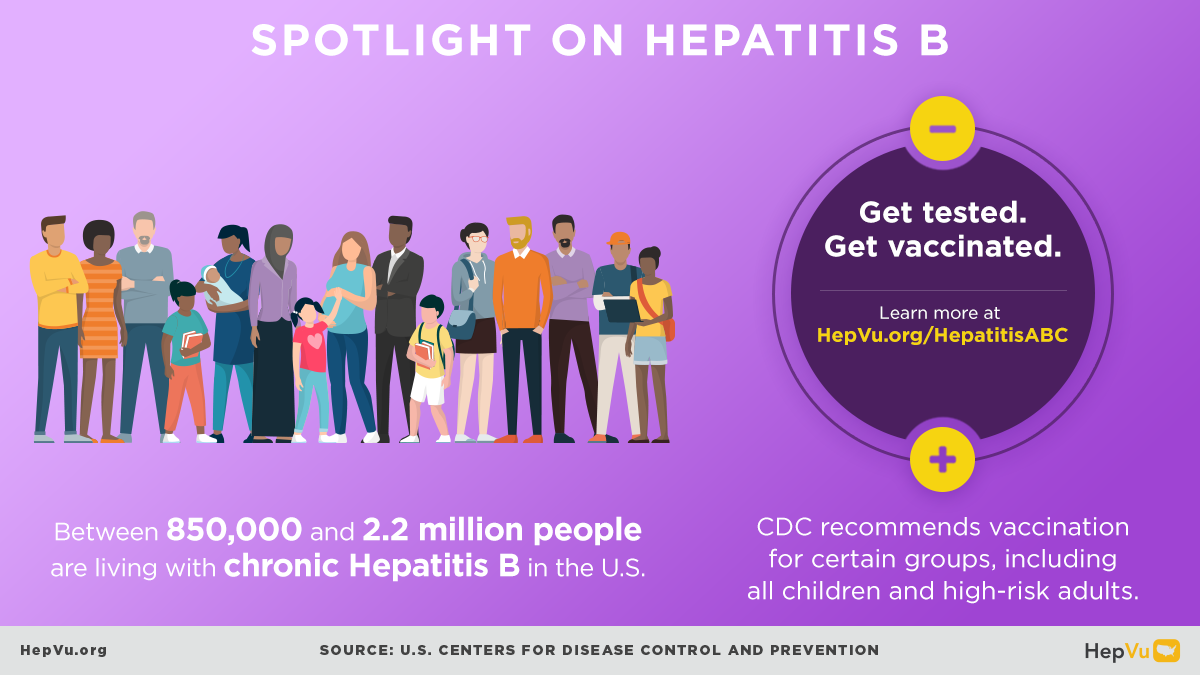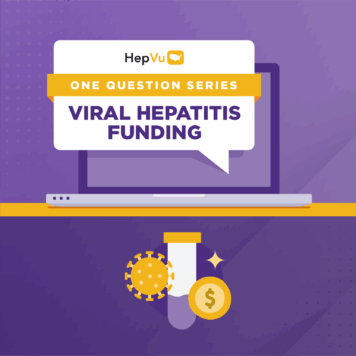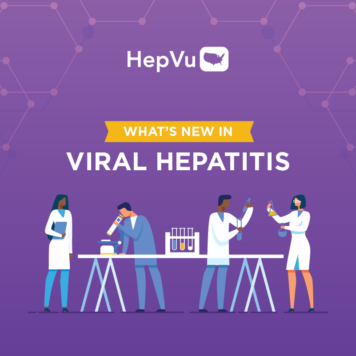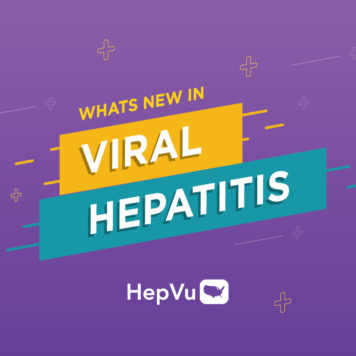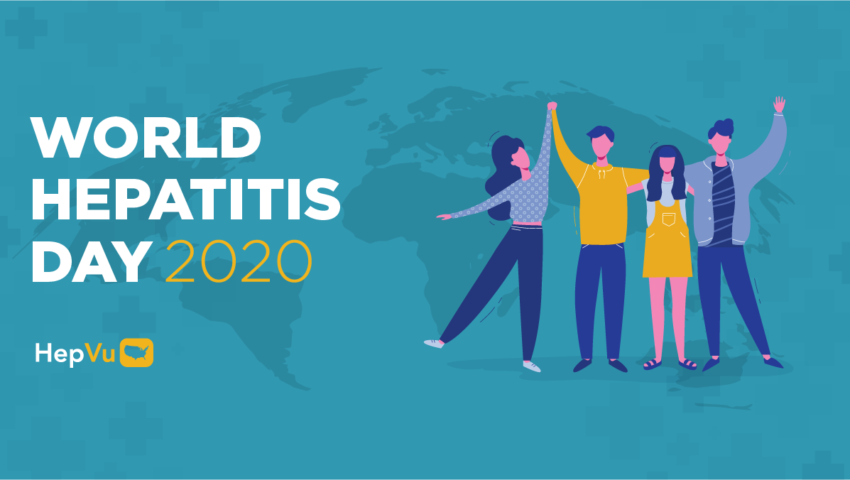
On July 28, HepVu recognizes World Hepatitis Day as an opportunity to raise awareness of the burden of viral hepatitis and educate everyone on the need for prevention, testing, and care.
This year, the theme for World Hepatitis Day is “Find the Missing Millions” – which aims to bring attention to the estimated 290 million people worldwide who are unaware they are living with viral hepatitis. Although other viral deaths related to HIV and TB have decreased over the years, hepatitis-related deaths are still increasing with an estimated 1.34 million people dying from conditions caused by chronic viral hepatitis in 2015 alone. This grim statistic illustrates the need for global action and for countries to come together to diagnose and connect individuals living with viral hepatitis to care.
In the United States, the CDC recommends testing and vaccinations for individuals for each strain of viral hepatitis:
Hepatitis A – CDC recommends the Hepatitis A vaccine for all children aged 12–23 months, those between 2–18 years of age who have not previously received a vaccine, and adults who may be at risk, including travelers to certain international countries, men who have sex with men (MSM), people with liver disease, and people who are or were recently in jail or prison.
Hepatitis B – CDC recommends testing for Asian Americans and Pacific Islanders; people born in Asia, Africa, and other regions with moderate or high rates of Hepatitis B; MSM; and anyone with a history of injection drug use should be tested. Hepatitis B vaccination is recommended for all infants and all children and adolescents younger than 19 years of age who have not been vaccinated.
Hepatitis C – While there is no current vaccination for Hepatitis C, CDC recommends testing for anyone who requests a test, all adults 18 and older at least once in their lifetime, and pregnant women during each pregnancy should be tested.
As the COVID-19 pandemic continues across the globe, public health workers and health care organizations are adjusting practices and protocols to ensure access to viral hepatitis screenings and care continues during this time. In light of the pandemic, please be sure to call ahead to check on healthcare location closures and the availability of services.

